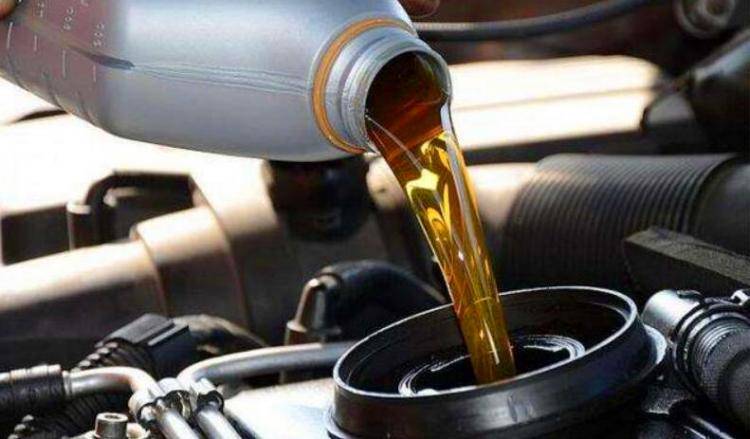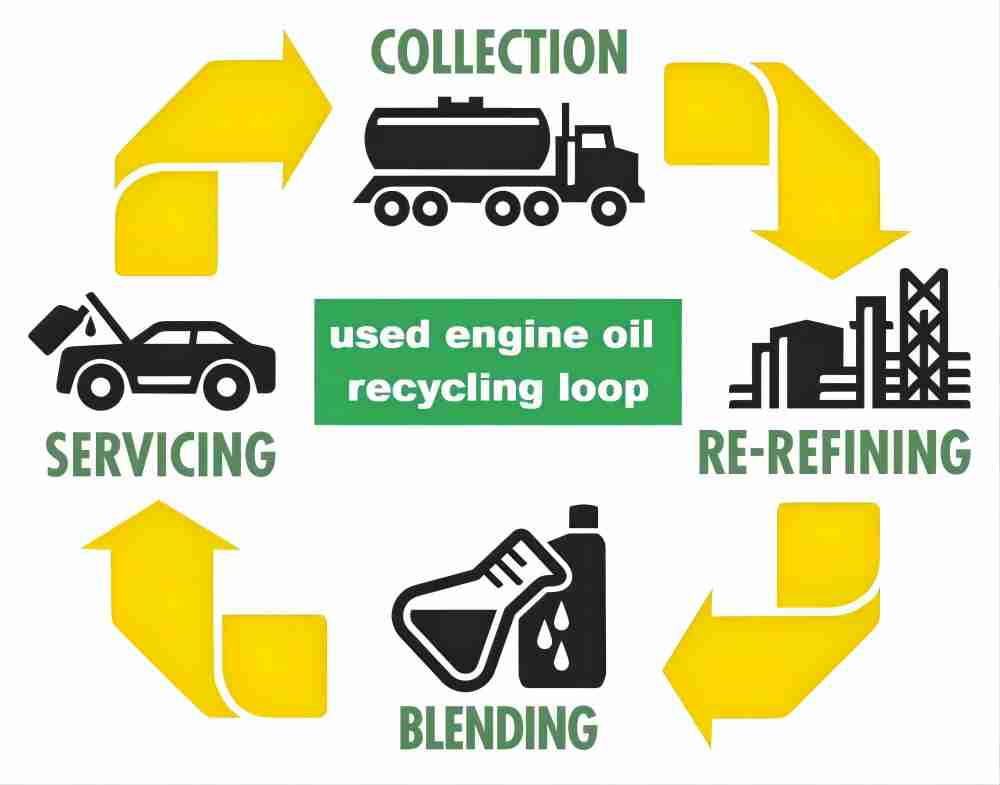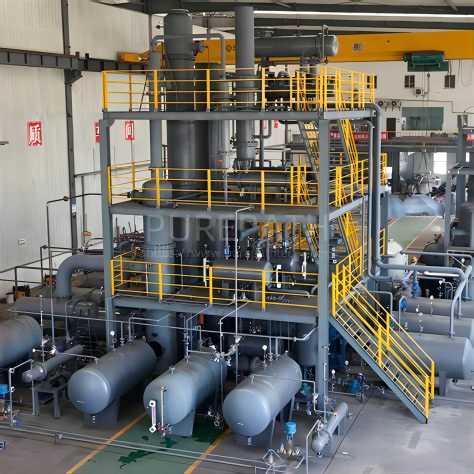5 Common Myths About Used Motor Oil Disposal
Motor oil is an essential component of automotive maintenance, playing a critical role in ensuring engines run smoothly and efficiently. However, once motor oil is used, it becomes a hazardous waste product that requires careful handling and disposal. Unfortunately, there are several common misconceptions about the disposal of used motor oil that can lead to significant environmental damage and health risks. Addressing these misconceptions is crucial for protecting our ecosystems and promoting responsible environmental stewardship.

Myth 1: Used Motor Oil Can Be Poured Down the Drain or Sewer
One of the most prevalent misconceptions about motor oil disposal is that it’s acceptable to pour used oil down the drain or sewer. This belief is not only incorrect but also highly dangerous. When motor oil enters the water system, it can contaminate local water supplies and harm aquatic life. Oil spills create a film on the surface of water bodies, which reduces oxygen levels in the water and affects fish and other aquatic organisms. This contamination can disrupt entire ecosystems, leading to long-term ecological damage.
Furthermore, used motor oil contains various toxic substances, including heavy metals and hydrocarbons, which can be harmful to human health if they enter drinking water sources. Municipal water treatment plants are not designed to remove these contaminants effectively, leading to potential exposure to hazardous chemicals for communities.
Myth 2: Used Motor Oil Can Be Burned in Open Fires or Incinerators
Another dangerous misconception is the belief that burning used motor oil is a viable method of disposal. This practice is extremely harmful to the environment and public health. Burning motor oil releases a variety of pollutants into the air, including volatile organic compounds (VOCs), polycyclic aromatic hydrocarbons (PAHs), and heavy metals. These pollutants contribute to air pollution, smog, and respiratory problems in humans.
In addition to air quality issues, burning motor oil can produce toxic ash residues that can contaminate soil and water. This method of disposal also violates environmental regulations in many regions, which are designed to protect public health and the environment from hazardous waste.
Myth 3: Used Motor Oil Can Be Stored Indefinitely Without Any Consequences
Some people believe that used motor oil can be stored indefinitely without causing harm. While it may seem convenient to keep used oil in storage for long periods, this practice can lead to serious environmental problems. Over time, containers holding used motor oil can degrade, leading to leaks and spills. These spills can contaminate soil and groundwater, posing a significant threat to the environment and potentially affecting drinking water supplies.
Proper storage of used motor oil involves using containers specifically designed for oil storage, which are leak-proof and resistant to corrosion. Additionally, used oil should be stored in a cool, dry place away from direct sunlight and sources of ignition. It is also important to label storage containers clearly to prevent accidental misuse.

Myth 4: Any Container Can Be Used for Storing Used Motor Oil
A related misconception is the belief that any container can be used for storing used motor oil. This is not true; using inappropriate containers can lead to spills and contamination. It is crucial to use containers that are specifically designed for storing oil, such as those made from materials resistant to oil and chemical corrosion. These containers are typically leak-proof and equipped with secure lids to prevent accidental spills.
Improper storage containers can degrade over time, especially if exposed to sunlight or harsh weather conditions, leading to leaks that contaminate the surrounding environment. Using the right containers ensures that used motor oil is safely stored until it can be properly disposed of or recycled.
Myth 5: There Is No Need to Recycle Used Motor Oil
One of the most damaging misconceptions is the belief that used motor oil does not need to be recycled. In reality, recycling used motor oil is essential for conserving natural resources and protecting the environment. Used motor oil can be re-refined into new lubricants, processed into fuel oils, and used as raw materials for the petroleum industry. This reduces the demand for virgin crude oil, conserving natural resources and reducing the environmental impact of oil extraction and processing.
Recycling used motor oil also prevents it from being improperly disposed of, which can lead to soil, water, and air contamination. Many automotive service centers, recycling centers, and local government programs offer used oil recycling services. By recycling used motor oil, individuals can contribute to a more sustainable and environmentally friendly approach to automotive maintenance.
Conclusion
Addressing these common misconceptions about motor oil disposal is critical for protecting our environment and public health. Pouring motor oil down the drain or burning it in open fires releases harmful pollutants and contaminates water sources, posing significant risks to aquatic ecosystems and human health. Storing used motor oil indefinitely or in inappropriate containers can lead to leaks and spills, causing soil and groundwater contamination.

Recycling used motor oil is the most environmentally responsible option, conserving natural resources and reducing the environmental impact of oil extraction and processing. By understanding and correcting these misconceptions, individuals can play a crucial role in promoting responsible motor oil disposal and safeguarding our planet for future generations.
It is essential for communities to raise awareness about the proper disposal of motor oil and provide accessible recycling options. Educational campaigns, regulations, and infrastructure improvements can help ensure that used motor oil is managed safely and sustainably. By taking these steps, we can protect our ecosystems, conserve natural resources, and promote a healthier environment for all.







